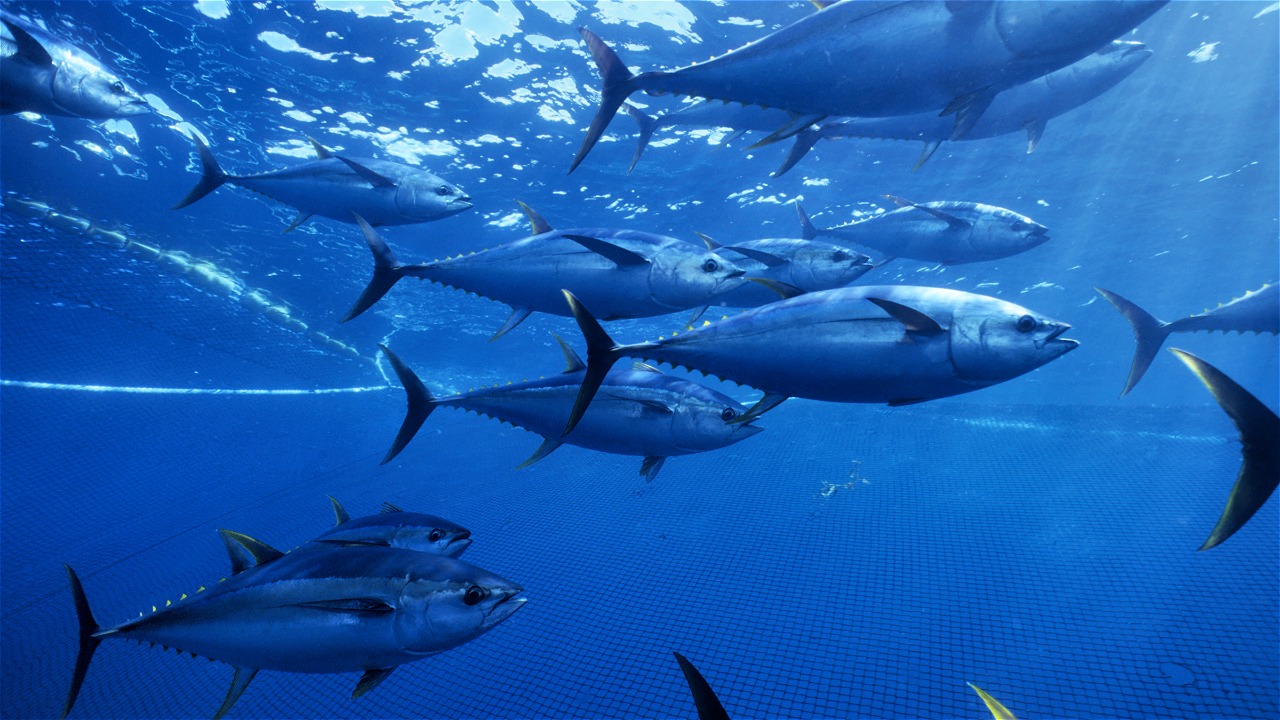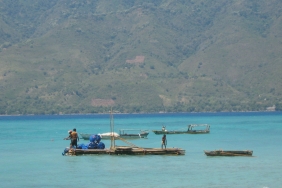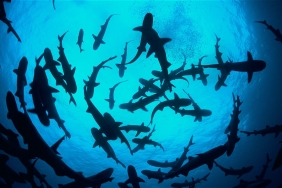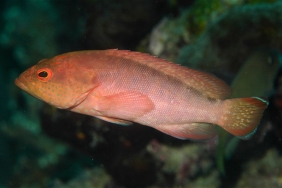CONTINUING THE SPIRIT OF BUILDING SUSTAINABLE TUNA FISHERIES MANAGEMENT
The effort to build the spirit of sustainable tuna fisheries practices in Indonesia through scientific studies is not over yet. The National Tuna Symposium held in December 2014 was just the beginning. WWF-Indonesia in collaboration with the Ministry of Maritime Affairs and Fisheries (KKP) has successfully finalized the "National Symposium on Sustainable Tuna Fisheries Management" document that has been worked on from January to March 2015. This Proceeding is also ready for free download for the public.
There were 142 papers selected and synthesized by the moderators that made it into the proceeding from 180 papers submitted through the National Tuna Symposium. These papers are research results and scientific papers on tuna fisheries, and/or tuna groups commonly referred to as TTC - Tuna, Tongkol, Skipjack. The preparation of the tuna fisheries proceedings is expected to be one way to collect scientific data and recommendations related to the six important points raised at the National Tuna Symposium.
In order to support sustainable fisheries management, accurate and up-to-date data is essential to establish a baseline position, such as fish stocks, use of technology, fleets and fishing gear, economic and business conditions, and existing policies. Scientific recommendations play a further role, namely to provide consideration for stakeholders involved in the fishing industry.
Tuna fisheries play an important role in improving fisheries development in Indonesia. In terms of commodities produced, tuna is the second commodity after shrimp in the export value of fishery products. Indonesia is also ranked fifth as the largest tuna exporting country. The economic potential of tuna fisheries is clearly enormous, but the threats to populations and ecosystems are also not playing games.
From various recent studies presented at the symposium, it shows that the condition of Indonesian tuna fisheries is still not safe. Indications of the rate and practice of fisheries that threaten the decline in tuna stocks in nature are still worrying. For this reason, it takes hard work and cooperation from all parties, including the government, private sector, NGOs and academics to secure Indonesian tuna stocks. All of this is done so that we can enjoy this valuable resource, business, and livelihood of the Indonesian people together for all time.< br />
Therefore, still with the spirit of building sustainable tuna fisheries management based on strong scientific thinking, it is hoped that the scientific information collected in this National Tuna Symposium can contribute to improving sustainable tuna fisheries management in Indonesia. In addition, the National Tuna Symposium and the resulting proceedings are expected to become a regular event to support the availability of up-to-date scientific information to Indonesian fisheries managers.
click here to download proceedings
Author: Novita Eka Syaputri (Communication Assistant for Seafood Savers WWF-Indonesia)





